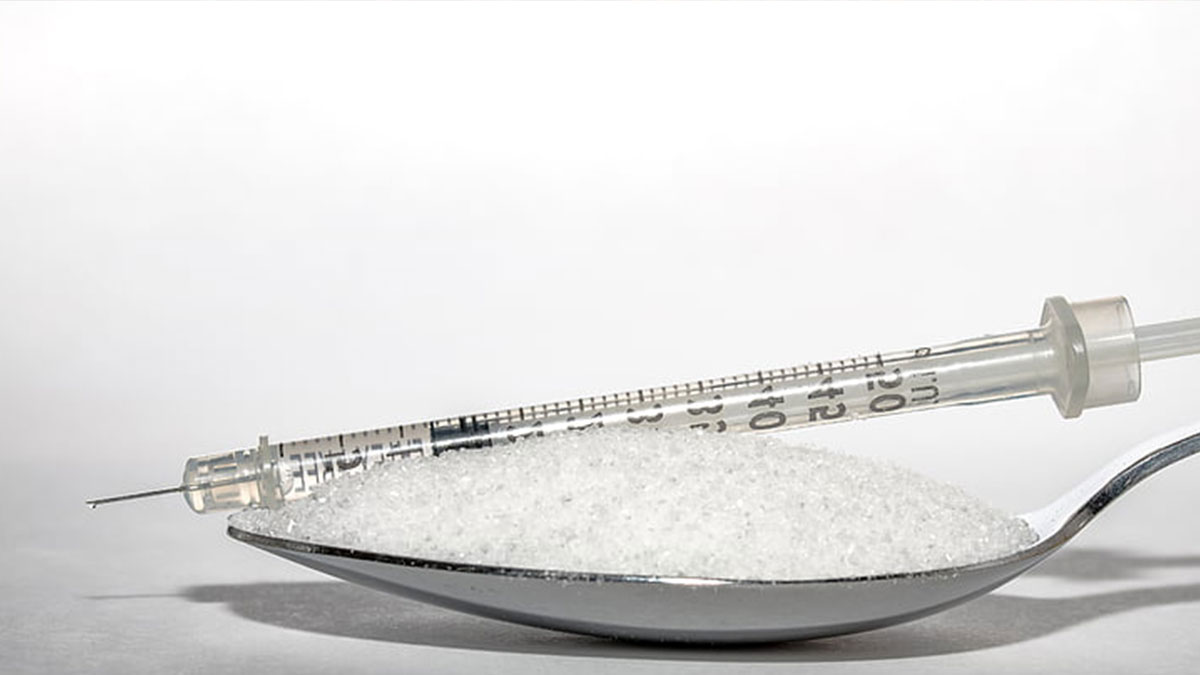Mitochondrial health is a key component in healthy aging. Here are key mitochondrial supplements and lifestyle behaviors linked to supporting mitochondrial function.

Mitochondrial health is a key component in healthy aging. Here are key mitochondrial supplements and lifestyle behaviors linked to supporting mitochondrial function.

Selectively eliminating dysfunctional mitochondria (mitophagy) and replacing them with new mitochondria (mitochondrial biogenesis) helps us stay biologically younger. But what exactly are the functions of mitochondria and how does mitochondrial health affect aging?
Insulin is a hormone produced by beta cells in the pancreas with a central role in the regulation of metabolism and cell energy reserves. The major metabolic action of insulin is to regulate blood glucose levels and to promote the storage of energy substrates as macromolecules that can be mobilized between meals or in contexts of high energy demand.
In this article, we’re going to learn about mitohormesis, the activity of reactive oxygen species (ROS) as signaling molecules, and how and why ROS can be both beneficial and harmful. We will also discuss what leads to excessive ROS production and accumulation, how this associates with aging, and where antioxidants fit into the equation. Lastly, we’ll discuss nutritional strategies that can support the antioxidant defenses cells and mitochondria use to protect themselves against excessive ROS.
Similar to many other cellular processes, the creation of new mitochondria (a process called mitochondrial biogenesis), and the interacting pathways that influence it, suffers with aging. This is the bad news. The good news is that there are things we can do to better support maintaining a fitter mitochondrial network.


